News & Events
Kenya
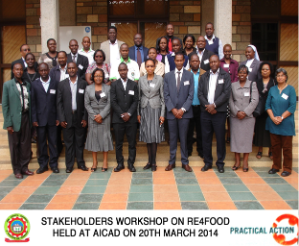
Practical Action Consulting (PAC) and Jomo Kenyatta University of Agriculture and Technology (JKUAT) have decided to focus of fresh and perishable food produces, i.e. vegetables and fruits.
1. Both JKUAT and PAC have identified problems facing the fresh food produce industry which include:
- Losses were reported to be in the 40 to 50 percent range;
- Poor funding for postharvest improvements (5 percent versus 95 percent for production);
- Loss of quantity;
- Bruising-physical damage – the top cause of PH losses;
- Water loss – transpiration;
- Decay and diseases;
- Loss of quality;
- Nutritional value;
- Market value;
- Poor infrastructure;
- Roads;
- Storage facilities-cool chain lacking;
- Poor market structures/poorly designed;
- Theft from farms
2. Stakeholders’ meeting in Kenya
A stakeholders’ meeting has been organised by both JKUAT and PAC in Kenya on the 20th of March, 2014. The purpose of this meeting is to get gather post-harvest food chain and processing data and information from all relevant stakeholders. This will enable better solutions to reduce post-harvest losses and integrate renewable energy.
For detailed JKUAT and PAC’s report of the outcome of the meeting, click here.
For shorter JKUAT and PAC’s report of the outcome of the meeting, click here.
A brief description of the content of the meeting is elucidated below as summarised by JKUAT and PAC.
- In the meeting, a few presentations have been organised as shown in the following
- Potential of Renewable Energy in Agro-processing: Biogas Potential – presented by Ms. Roda Kilonzi (KENFAP);
- BIMAS Kilimo Maji Loan (micro-finance) – presented by Mr. Backson Ndira (BIMAS Ltd);
- Research and Development in Kenya Women Finance – presented by Ms. Veronica Karoki (KWFT - DTM);
- Renewable Energy for Food Processing: Regulatory Framework – presented by Mr. John K. Maina (MoEP)
- Product Market Opportunities for Value Added Products – presented by Mr. John Njoroge (MoALF);
- Experiences with Value Addition Groups: Brief on SoMCoDI – by presented by Sister Veronica Thiga (SoMCoDI);
- Practical Experiences in Renewable Energy in Food Processing – presented by Mr. Duncan Muchendu (SCODE);
- The stakeholders are grouped into 4 categories to obtain structured feedback on the best way for RE4FOOD to move forward in Kenya.
- Group 1: Potential Crops and Value Chain Losses and Energy Requirements.
- commodities and products which have potential benefits to rural livelihoods especially if value added;
- post-harvest food chain losses and waste during handling, cleaning, cleaning.
- Group 2: Potential SMEs, Technology and Renewable Energy Use.
- Existing SMEs and Co-operatives;
- Technical and human resources required;
- Rural food processing (categorized);
- Potential for various forms of renewable energy.
- Group 3: Existing Business Models and Opportunities Available.
- Business models currently used for rural food processing and exploitation of renewable energy;
- Successes;
- Limitations;
- Best Practices.
- Group 4: Developing Synergies and Identifying Practical Models for RE and Food Processing
- Innovative food processing technologies;
- Techno-economic models;
- Impact of reduction on postharvest losses;
- Key stakeholders;
- Group 1: Potential Crops and Value Chain Losses and Energy Requirements.
Photos of stakeholder meeting
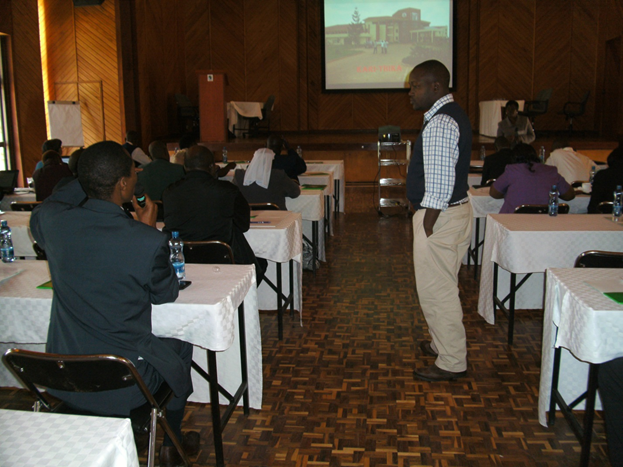
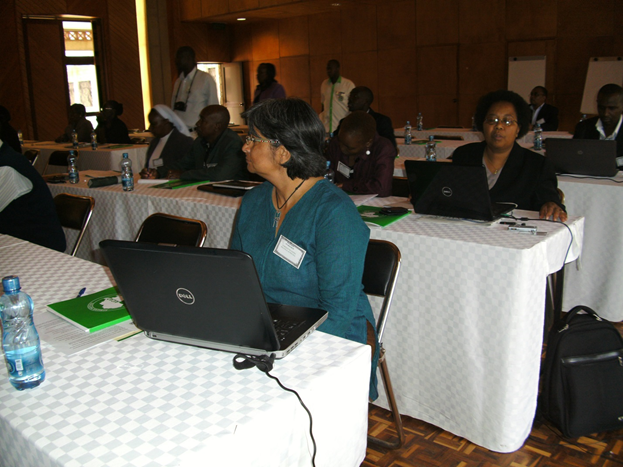
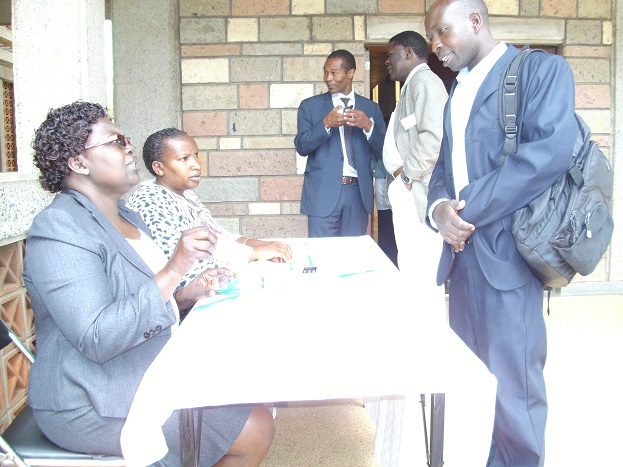
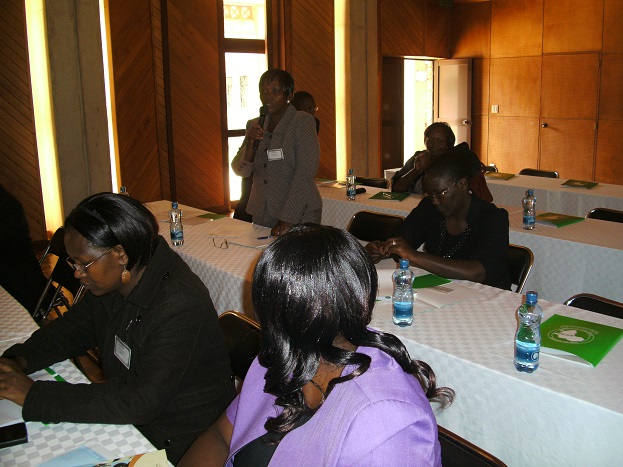
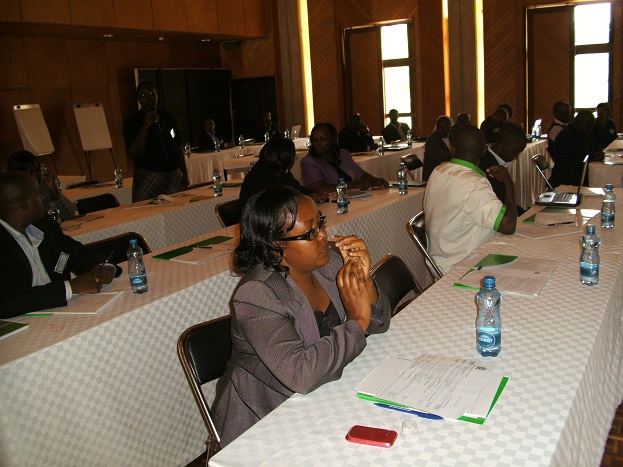
Last modified: Fri, 23 May 2014 09:46:43 BST
